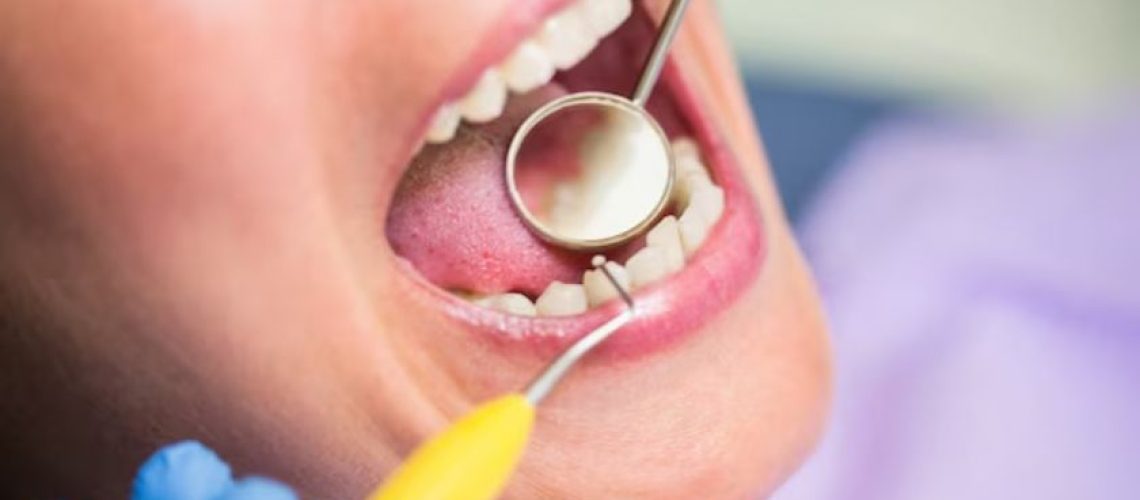Are you tired of constantly battling cavities, even with a diligent oral hygiene routine? Well, there’s good news! Dental sealants may be the secret weapon in your fight against tooth decay. This blog post will delve into dental sealants and explain how they can help prevent cavities. From understanding what dental sealants are to learning how they work their magic on your teeth, we’ve got you covered.
What Are Dental Sealants And What Do They Do?
Dental sealants are a thin, protective coating that is applied to the chewing surfaces of your back teeth. These molars and premolars have deep grooves and crevices that can easily trap food particles and bacteria, making them prime targets for cavities.
The purpose of dental sealants is simple yet effective – they act as a barrier between your tooth enamel and harmful acids and bacteria. By sealing off these vulnerable areas, dental sealants prevent plaque from accumulating in the tiny fissures of your teeth.
But how do they accomplish this? It’s all in the material used to create dental sealants. Typically made from BPA-free plastic or resin, the liquid form of the sealant flows into every nook and cranny on the chewing surface of your tooth. Once hardened with a special curing light, it forms a sturdy shield that keeps out cavity-causing agents.
You might be wondering if getting dental sealants means saying goodbye to regular brushing and flossing. Not! Dental sealants work hand-in-hand with good oral hygiene practices by protecting decay-causing factors.
So whether you’re young or old, considering dental sealants can be a smart move towards preventing future cavities. With their ability to keep those hard-to-reach areas clean and free from decay, dental sealants are truly superheroes for your teeth!
How Does A Dental Sealant Prevent Cavities
Dental sealants are a highly effective preventive measure that helps in cavity prevention. Here’s how they work:
Sealant Application: Dental sealants are thin, plastic coatings applied to the chewing surfaces of the molars and premolars, which are vulnerable to decay due to their rough texture and grooves.
Smoothing Out Uneven Surfaces: The sealant material fills in the natural pits and fissures of the teeth, creating a smooth and protective barrier that prevents food particles and bacteria from getting trapped in these areas.
Blocking Bacterial Invasion: Dental sealants act as a physical barrier by sealing off these vulnerable areas, blocking the entry of bacteria and acids that cause cavities.
Long-Lasting Protection: Dental sealants can last several years with proper care, providing prolonged protection against cavity formation during the vulnerable early years of tooth development.
Painless And Quick Procedure: Applying sealants is a painless and non-invasive process usually completed in just one dental visit, making it an easily accessible preventive measure for children and adults.
By incorporating dental sealants into a comprehensive oral care routine, individuals can significantly reduce the risk of cavities, promoting better long-term dental health and preserving natural teeth.
How To Apply A Dental Sealant
Dental sealants are highly effective in preventing cavities and maintaining optimal oral health. By creating a protective barrier on the surfaces of your teeth, they act as a shield against harmful bacteria and acids that can lead to decay. The application process is simple and painless, making it an accessible solution for people of all ages.
If you’re considering dental sealants for yourself or your children, consult your dentist. They will be able to assess whether sealants suit you and provide expert guidance throughout the process.
Remember, prevention is always better than cure for dental health. Incorporating dental sealants into your oral care routine can significantly reduce the risk of cavities and save you from potential discomfort.
So why wait? Take proactive steps towards protecting your smile today by exploring the benefits of dental sealants! Your teeth will thank you for it.

